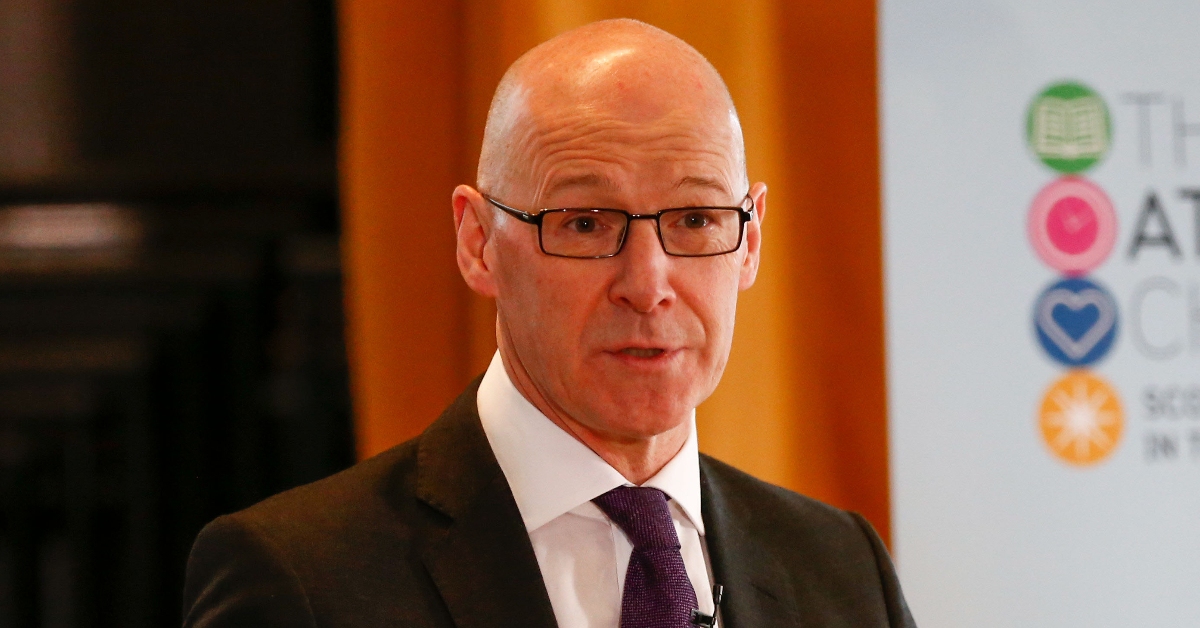John Swinney has admitted he faces “very hard choices” ahead of setting out the Scottish Budget.
The deputy first minister is due to deliver the Government’s spending plans at Holyrood on December 15.
On Wednesday, Swinney unveiled details of a further £615m in spending cuts, on top of the £560m in cuts announced in September.
He told MSPs that the UK Government’s fiscal policies had forced “extremely difficult choices”, including cutting funding for Covid and mental health projects to help pay for public sector wage increases.
Swinney also warned that the Scottish Government has “gone as far as it can go” in revised pay offers for health workers.
Around 4,000 workers from the GMB union including paramedics and technicians voted to back industrial action on Tuesday, joining colleagues from both Unison and Unite.
Speaking on the BBC’s Good Morning Scotland programme on Thursday, Swinney explained that he has “very limited room for manoeuvre” over pay deals.
Workers across the public sector are seeking pay rises in order to keep pace with rising inflation.
“I’ve been very open about the gravity of the choices that I’ve got to make at this stage in the financial year,” said Swinney.
“We’re seven months into the financial year. I’ve got to pay the pay deals, I’ve got to find the cash during the forthcoming five months to pay pay deals that stretch over the 12 month period.
“So, I have got very limited room for manoeuvre and very hard choices, and nobody will thank me if I don’t put a credible pay offer on the table for health service staff, which is a very significant pay offer.”
Swinney underlined the impact of Brexit on workforce numbers and the challenges in recruitment to the health system.
He said: “We’ve put a lot of effort into trying to maximise the availability of healthcare staff within the system.
“And I think one of the challenges that we face, and it is a very real challenge, is about the availability of people to enter the labour market and to enter the nursing profession.
“So, we are, for example, struggling to recruit in social care and nursing to a significant extent because of the fall in the size of the working age population because of Brexit and the loss of free movement of people.
“And that is a very hard, blunt reality that’s affecting every aspect of the Scottish economy whether it’s the health service, whether it’s distribution, whether it’s transport, whether it’s agriculture, whether it’s any aspect of our public services or our private economy, we are struggling for employees.
“And that’s a direct result of the fallout of Brexit and the loss of free movement of individuals because many people have left our country who were here before perfectly able to contribute to our economy and they can no longer do so.”
Follow STV News on WhatsApp
Scan the QR code on your mobile device for all the latest news from around the country


 Flickr
Flickr

























